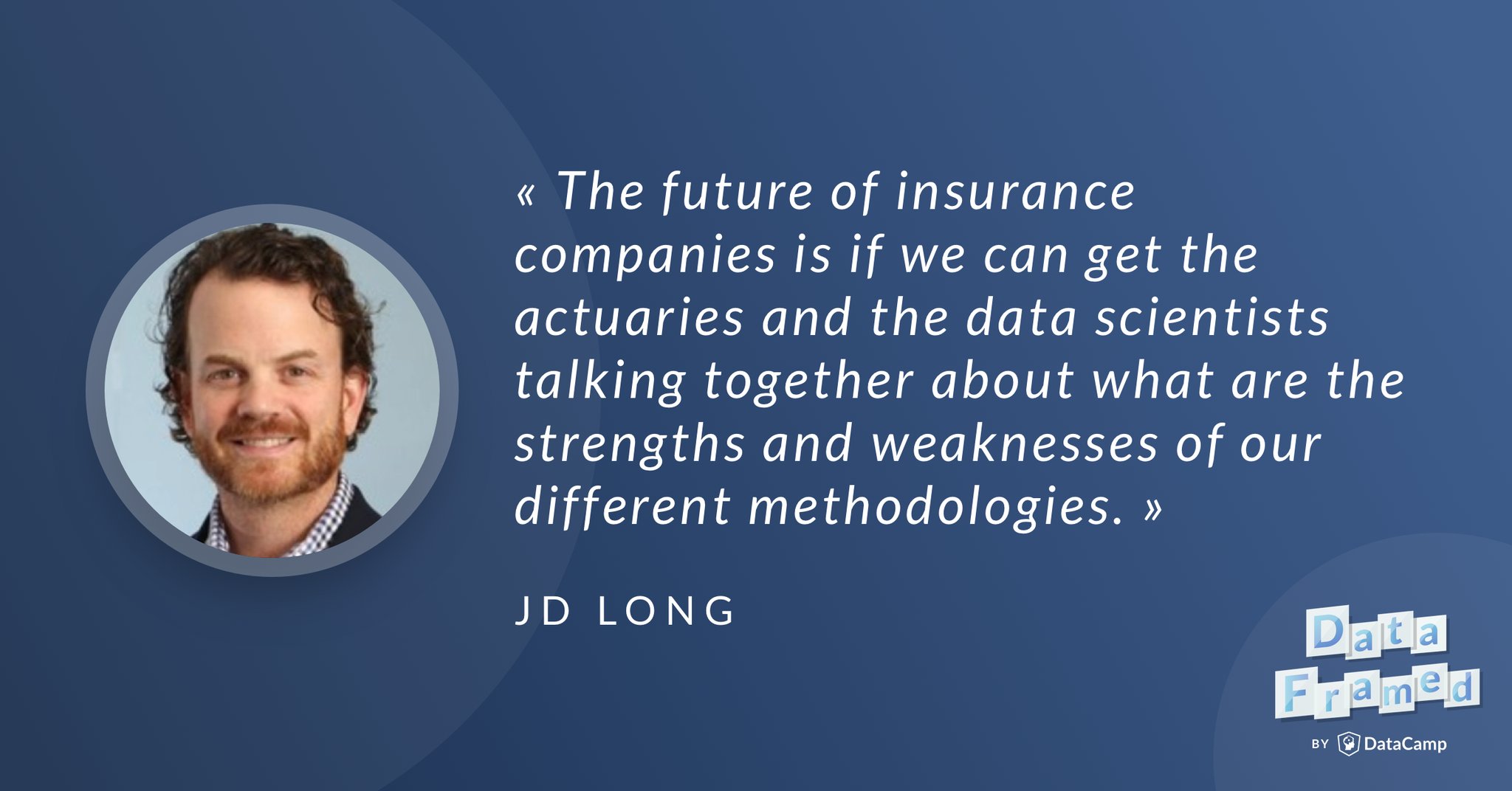Hello, this is Yash Agarwal. In this article, I will be talking about my journey on becoming a Data Analyst whilst pursuing Actuarial. Currently, I am working in the Analytics department with a reputed Company, having cleared 7 Actuarial Papers. I will be talking about the course I took, how to crack interviews, my day to day working, some advantages and disadvantages of this field and small conclusion.
Expectation v/s Reality:
With your bachelor’s degree in your hand and having 7 papers cleared, it seemed that getting a good job at an actuarial firm will not be much of a burden. But after waiting for 6 months, applying on more than 10 firms, I found myself still stranded in life.
I then decided to take up some Analytical courses which would help me enhance my practical knowledge of Actuarial. Also, help me to initiate a new avenue in the Data Analytics path. One of the things which are needed is to have a very sound knowledge of statistics and its practical applications.
Initial Step towards Data Analytics:
So I took a business analytics course from a reputed institute, which offered live classes in Advance Excel, R, SAS, SQL and VBA. While working with these software, I gained a good amount of technical knowledge on many techniques; like using basic formulas and functions, pivot table, charts, other convenient shortcuts in Excel, how to write a query, using join function to merge the dataset in SQL, building models with Regression Analysis, Cluster Analysis, Time Series in R and SAS, etc. This game me good knowledge about how Data Analytics and Actuarial are related.
As these courses were going on, I was called for an interview at Nielsen. It is a market research company that works in over 100 countries. In technical rounds, their focus was to test my statistical skills and my approach towards applying them in real-world scenarios. Here, my knowledge gained by clearing all the statistical papers in CT/CS papers and by doing the course proved very beneficial. In these interviews, I faced some out of the box questions to test my deduction skills. These types of questions are pretty common at the interview stage. I recommend that one should prepare them before appearing in these interviews through Google.
Routine of my Job:
My day to day work involves checking the data, running various statistical models on them, building charts and then simplifying the results for general understanding. We receive respondent level survey data and then we perform thorough checks in that data and; weight them appropriately. With the final and cleaned data, we work with different Statistical analyses like Regression Analysis, Cluster Analysis, Factor Analysis, Pricing Techniques, etc. After running them, we need to make a report summarizing the results and how we can take action.
Pros of entering into Data Analytics:
There are some pros and cons to entering into data Analytics from an actuarial background. Some of the pros include:
- Gaining immense statistical knowledge entering into this arena.
- Also, we get to learn coding in various software like R, SPSS, SAS, and Python. These were note there in the Actuarial Course when I started it ( though now we do have practical papers)
- It opens up a new and budding world of Data Analytics and we get to explore ourselves instead of being stuck at the same Actuarial field only.
Some Cons to watch out for:
- Sometimes becomes difficult to continue giving actuarial exam. Since we are working in data analytics which is different from the traditional actuarial work. Balancing work and studies is very important if you aim to clear all the papers.
- Also, while switching back to actuary job, we may need to start afresh in our career. Actuarial firms might not consider the work experience gained in any data analytics field. However, it will surely boost your CV and any type of experience will be an added advantage.
Closing Thoughts
In conclusion, I would say that often Data is considered the NEW GOLD, and mining this gold mine will be very profitable in the future. With our Actuarial knowledge, we are surely at an advantage on statistical knowledge behind us but it’s not enough to guarantee our jobs. We may need to brush up and keep learning the foundation of statistics and its practical application. Furthermore, we should not neglect to pursue actuarial science at the expense of working in this field, as both data analytics and actuarial are very relatable. Keep studying and you may never know where that knowledge is needed.
My name is Yash Agarwal, and thank you so much reading.



Comments 1
Related Posts
Surety Bond: How Do They Actually Work & Actuarial ConsiderationsBlog 84: BRK.B by Xavier Lo, FIA, FRM, MBABlog 83: VOO by Xavier Lo, FIA, FRM, MBABlog 82: 0005.HK HSBC by Xavier Lo, FIA, FRM, MBA
Pingback: Free 4 week Python workshop on Data Analytics & Actuaries by Harsh Jaitak: TAC Initiative